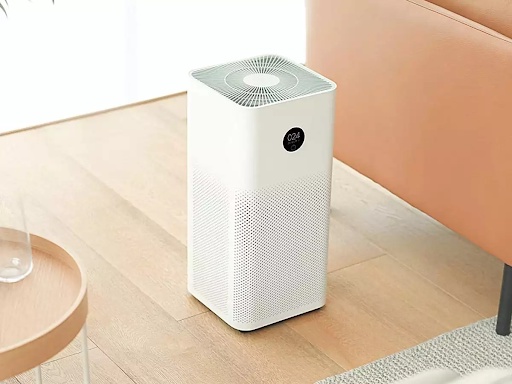Choosing the right air filter is paramount when maintaining a healthy indoor environment. With various types of air filters available on the market, each claiming different benefits and features, it can be overwhelming to make an informed decision. This comprehensive guide will delve into the factors you must consider to select the best air filter for your home that suits your needs.
Understanding Air Filters
Air filters are designed to trap airborne particles, pollutants, and allergens, ensuring cleaner and healthier indoor air. They are typically rated based on their efficiency in filtering particles of different sizes. The most common types of air filters include HEPA (High-Efficiency Particulate Air), activated carbon, electrostatic, and UV filters.
Factors to Consider
Filtration Efficiency: The primary function of an air filter is to remove contaminants from the air. HEPA filters are known for their high filtration efficiency, capturing particles as small as 0.3 microns. However, activated carbon filters are more effective for specific needs like odor elimination.
Compatibility with HVAC System: Choosing an air filter compatible with your HVAC (Heating, Ventilation, and Air Conditioning) system is essential. Check the filter size and MERV (Minimum Efficiency Reporting Value) rating recommended by your system's manufacturer for optimal air purifiers benefits.
Allergen Removal: If you or your family suffer from allergies or asthma, consider an air filter to capture allergens like pollen, pet dander, and dust mites. Due to their superior particle retention capabilities, HEPA filters are highly recommended for allergy sufferers.
Odor Control: For households dealing with odors from cooking, pets, or smoking, activated carbon filters are excellent at adsorbing odorous molecules, neutralizing unpleasant smells, and improving overall air quality.
Lifespan and Maintenance: Just like what you do when choosing a massager chair, evaluate the lifespan of the air filter and its maintenance requirements. Some filters need to be replaced every 1-3 months, while others, like washable electrostatic filters, can be reused after cleaning, offering long-term cost savings.
Types of Air Filters
HEPA Filters: Ideal for allergy sufferers, HEPA filters are highly efficient in capturing microscopic particles, including pollen, mold spores, and bacteria. They are a top choice for improving indoor air quality.
Activated Carbon Filters: Known for their odor-absorbing properties, activated carbon filters effectively trap and eliminate odors, volatile organic compounds (VOCs), and harmful gases, making them suitable for homes with pets or smokers.
Electrostatic Filters: These filters use an electrostatic charge to attract and trap particles, offering good filtration efficiency. Washable electrostatic filters are reusable and environmentally friendly.
UV Filters: UV-C light technology is used in UV filters to kill bacteria, viruses, and mold spores. While they effectively sterilize the air, UV filters are often used with other filters for comprehensive air purification.
Choosing the Right MERV Rating
MERV ratings indicate an air filter's efficiency in capturing particles of different sizes. The higher the MERV rating, the finer particles the filter can trap. Here's a guideline for selecting the appropriate MERV rating based on your needs:
- MERV 1-4: Basic filtration, capturing larger particles like dust and lint.
- MERV 5-8: Good filtration for residential use, capturing dust mites, pollen, and mold spores.
- MERV 9-12: Better filtration for allergy and asthma relief, capturing smaller particles like pet dander and smoke.
- MERV 13-16: High-efficiency filtration for hospitals and commercial settings, capturing viruses, bacteria, and fine particulates.
Tips for Maintenance and Replacement
- Follow the maker's guidelines for filter replacement intervals.
- Check and replace filters consistently, especially during peak usage seasons.
- Keep the air filter housing clean to prevent airflow obstruction.
- Consider investing in smart air filters that send alerts when it's time for replacement.
Conclusion
So the next time you sit and relax in your massager chair, you don’t need to stress about stale smell or air quality. Simply choosing the best air filter is the solution. This involves considering factors such as filtration efficiency, compatibility with your HVAC system, allergen removal capabilities, and maintenance requirements. By understanding the different types of air filters available and their benefits, you can make an informed decision to ensure cleaner and healthier indoor air for you and your family. Remember to prioritize regular maintenance and filter replacement to optimize your air filter's performance and maintain excellent indoor air quality.


No comments yet